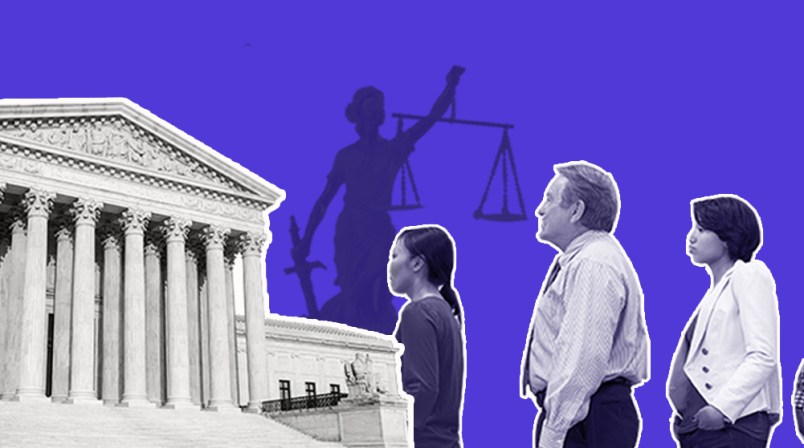The redistricting process for the next decade’s worth of legislative maps may feel like a long time away. But already states are scrambling to figure out how they’ll handle the likely delays in receiving the data from the 2020 census, which has been pushed back due to the pandemic.
Last month, the Census Bureau asked Congress to formally move back by four months the statutory deadlines for it to produce the redistricting and apportionment data it collects in the decennial census. House Democrats okayed the delay — with strings attached — in the COVID-19 package they passed earlier this month, and last week also introduced a similar stand alone measure. But the GOP-controlled Senate hasn’t shown any sign of acting soon on the request, both as standalone matter or in a bigger pandemic package, which Republican leaders say won’t come for at least another month.
This leaves states asking the Bureau for more clarity on whether it can at least prioritize the data release for states that, for legal and practical reasons, must do their redistricting on the early side in 2021. Some states, like California, are looking at what changes need to be made to their laws or constitutions to deal with the delays, even as they wait for Congress to formally approve the Bureau’s request.
Key GOPer Acknowledges Need For More Election Funding: Those hoping Congress will appropriate more funding for elections in its next pandemic response package got a hopeful sign last week when Sen. Roy Blunt (R-MO), who leads a relevant committee, acknowledged that such funding is “likely and it’s likely necessary.” However, Senate Republicans aren’t likely to agree to the conditions House Democrats laid out in their most recent proposals, which required that states make vote by mail easier and expand early voting.
More courts weigh in on how voting will work in the pandemic:
- The Texas Supreme Court said Wednesday that lack of immunity to COVID-19 alone doesn’t qualify as an excuse to vote absentee. But, keep in mind, there’s also a federal court case seeking to loosen Texas’ absentee voting restrictions.
- A federal judge in Nevada, for a second time, rejected the claims made by a voter fraud alarmist group that is seeking to curtail the pandemic-related expansion of vote-by-mail in that state.
- A Trump-appointed judge in Virginia rejected an effort by the same group to block the expansion of absentee voting there.
- As Montana pivots to a vote-by-mail system for the outbreak, a state court judge has clarified that ballots postmarked on Election Day, as long as they’re received by the following Monday, should count.
And more lawsuits for and against the expansion of absentee voting get under way:
- The League of Women Voters is asking a judge to order Alabama to allow for no-excuse absentee voting and to make other temporary changes to its election policies to make voting safer during the pandemic.
- The ACLU is challenging Kentucky’s witness requirement for absentee voting, while seeking other tweaks to the absentee voting process for the pandemic.
- Voter groups in New Jersey have sued to require election officials inform voters if there is a signature issue on their ballots and give them a chance to fix it.
- One the flip side, the GOP now has a lawsuit in California seeking to stop its expansion of vote-by-mail.



